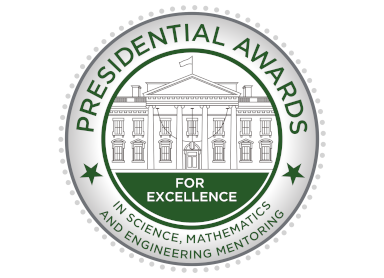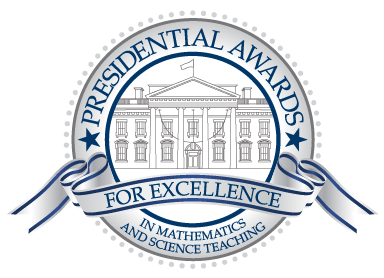Karen Butler-Purry
Texas A&M University | College Station, TX | 2023

What motivates you to contribute to excellence in STEM mentoring?
My motivation comes from my prior mentee experiences in high school through my PhD studies. No one in my immediate family was an engineer, nor did they have a PhD. However, at every stage of my journey, often isolating and not affirming, individuals used their experiences, knowledge, and contacts to mentor me to take risks and persevere through challenges, develop as a self-learner, and connect to individuals and opportunities to advance my goals. I have tried to pay it forward.
What has been the most transformative moment that affirmed your impact on the development of the STEM workforce?
Seeing my first graduate student achieve vice president status in a company, and the academic success of his children, has been one of my most transformative moments.
Using your platform as a Presidential Awardee, how do you hope to advance our nation in STEM?
I hope to lead others within my sphere of influence to invest their time and resources in providing inclusive mentoring opportunities for all.
Biography
Karen Butler-Purry, currently a professor of electrical and computer engineering, has been a faculty member at Texas A&M University (TAMU)-College Station since 1994. She has also held administrative positions such as Associate Provost and Dean of the Graduate and Professional School and Assistant Dean in the College of Engineering. In partnership with faculty, staff, and administrators at TAMU and other Texas A&M University System (TAMUS) institutions, Karen has mentored or led the mentorship of hundreds of undergraduate and graduate students from groups historically underrepresented in STEM disciplines. She has accomplished this through several National Science Foundation-funded programs, such as the Louis Stokes Alliances for Minority Participation (LSAMP) Program and the Alliances for Graduate Education and the Professoriate Program, which have addressed complex diversity challenges such as social climates and cultural practices in STEM, academic and social integration of students, and student academic self-efficacy. In the TAMUS LSAMP Bridge to Doctorate (BD) program, a cohort of 12 STEM graduate students are supported with a stipend, integrated multi-party mentoring, and a set of activities designed to develop the skills needed to succeed in a Ph.D. program. Of the 157 fellows supported since 2003, 82 have completed master’s degrees and 68 have completed Ph.D. degrees. The successful practices are being adapted to support a new cohort of BD fellows who began master’s studies in the fall of 2024 at Prairie View A&M University. Karen has earned three degrees in electrical engineering: a B.S., summa cum laude, from Southern University-Baton Rouge, an M.S. from the University of Texas-Austin, and a Ph.D. from Howard University.
High-resolution version of the teacher profile photograph
The views expressed in awardee profiles are those of the author and do not necessarily reflect the views of NSF or the PAESMEM program.



